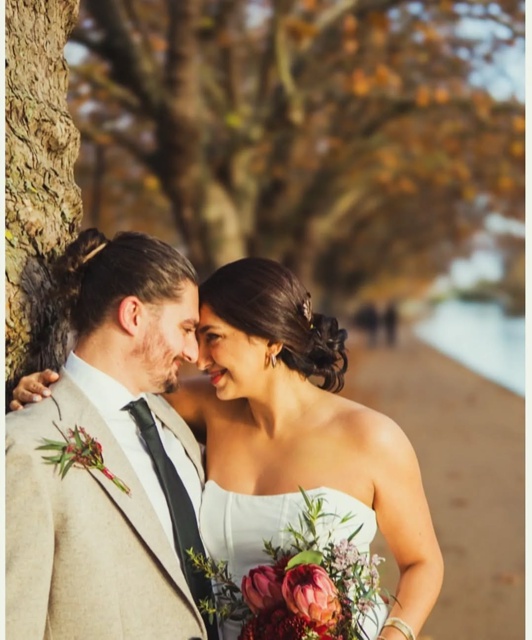The law prohibits marriage between close relatives by blood, adoption, or marriage. These prohibitions are outlined in Schedule 1 of the Marriage Act 1949. Relationships such as parent-child, siblings, and aunt-nephew are prohibited. Certain relationships (e.g., step-relations) may be permitted if both parties are adults and the younger was not treated as a child of the family. Both parties must have mental capacity to understand the nature of marriage, its responsibilities, and its permanence. A marriage involving an individual lacking mental capacity may be voidable or invalid.
Both individuals must give notice of marriage at their local register office. This notice is a public declaration of their intent to marry and must be displayed for at least 28 days. If one or both partners are not British citizens or are subject to immigration control, the notice period may be extended up to 70 days while the Home Office conducts immigration checks. Following the ceremony, the marriage must be registered with the local registrar. Since 2021, marriage registration in England has been digitised, replacing traditional paper registers with an electronic system.


